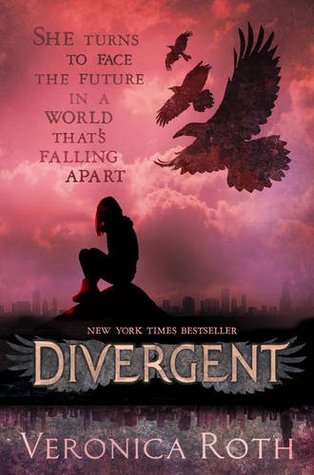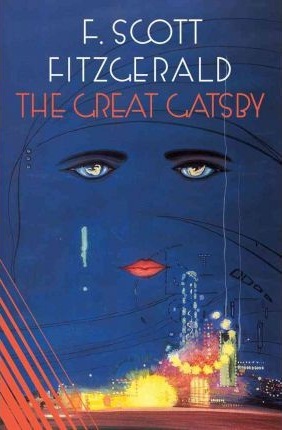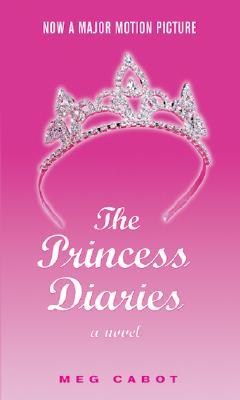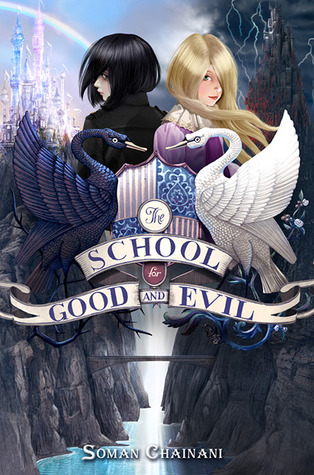So yesterday, in a
little corner of the internet, a debate happened on Twitter between Patrick
Ness (@Patrick_Ness) and Shoo Rayner (@shoorayner). Patrick Ness is the award
winning author of Chaos Walking, a dystopian YA trilogy, and Shoo Rayner writes
for younger children. Rayner wrote a blog post on why he thought Chaos Walking
was not suitable for children, the glamorization of violence in YA, and if YA
is a genre caught up by the “glamour of Hollywood”. You can read the article
here. Ness responded, and what resulted was an interesting, civil discussion
between them.
I am utterly on Ness’
side with this, as I think Rayner has not acknowledged three things about YA
literature. The teen reader, the purpose of reading, and why YA is necessary.
Let’s start with the
teen reader, the target audience that Rayner had continuously failed to
recognise. I think the confusion cropped up between the differences between
teens and children. Rayner kept throwing around the fact that Ness had won the
Carnegie medal (an award for children literature) despite his book being not
aimed at children.
Hold up.
Legally in most
countries those under the age of 18 are classed as children. Awards seem to
work the same way. There are adult awards, and children awards. So under these
technicalities, teenagers are children. That is why Ness’ book was in that
category, because it is aimed at teenagers.
Just because teenagers don’t fit into your idea of what children are, doesn’t
mean they don’t exist in that category.
However, teenagers are
not children under the definition of the word. We have higher cognition,
understanding, and are going through some freaky changes (amiright?). And we
need books to address this. For me the point of literature is not just to
entertain, but to make you think and feel. So we need books that don’t talk
down to us. Books that challenge us and make us think about society so when we
are old enough to make a change we will. YA literature helps people who go through
difficult times have something to relate to, it can give people a cause, or, in
the case of Chaos Walking, make people look differently at the world.

And that’s why YA is
not a scam. It’s not something made up by Hollywood to give adults something
more exciting to read, or to make children grow up too fast. Books aren’t
making children grow up fast. That fault is due to the internet, widespread
information, and society in general. I am proud to have been a teenager in this
era. In an era where I’m actually taking interest in what’s going on. Where I
use information as knowledge and technology as a valuable tool. I don’t feel
like I’ve “grown up” fast, and I would hate a person who does not know me to
make a blanket judgement and say that I have.

I am now going to
address Rayner’s idea that children and teenagers are being “conditioned to
kill each other”. I’ve made it irrefutably clear several times on my Youtube
channel and blog that I am a science student. I have looked this up and so far
there has not been any concrete evidence of direct correlation between violence
on screens and aggression in young people. So far, there has been evidence for
aggression, calmness, and nothing at all. So Raynor, you’re telling me that in
a medium that is less visual, it is going to affect my likelihood to be
aggressive? In fact, books which portray aggressive protagonists may be helpful
to society to help understand the individuals they are based on in
reality.

Novels and stories are
exaggerations of real emotions and stories. That’s why they are exciting.
Teenage assassin spies are brutal, but in an era of child soldiers and
trafficking, are these books just not drawing parallels through issues going on
in the real world to real children in far more awful consequences? We no longer
live in the time of Enid Blyton, where everything will be solved by teatime and
we’ll all sit down with some ginger beer. If anything the Famous Five is far more unrealistic than some modern day YA I’ve
read. YA is there to address current issues, not to dwell in the irrelevant
past.
As for Chaos Walking? I
read The Knife of Never Letting Go
when I was 14 in 2008, and continued to read on as the books were published.
And I thought they were fantastic. I agree with Rayner in the respect that no,
they’re not books about sunshine and unicorns, and yes they are very tragic and
brutal, but unfortunately so is life for some people and children. The point of
literature is to make you think and feel, as well as entertain. And boy, did
those books do that.

There is a point which
I do agree on in Rayner’s article. Is YA dominating children’s literature too
much? I feel that for a while it has. YA is a relatively new category in the
history of literature, and maybe that’s why there has been such a boom in it.
When I look back to my childhood reading, I can only think of the classic books
I read (okay I admit, I read a lot of Enid Blyton). Having said that, the most successful
book of this generation is a middle-grade book, Harry Potter. I think middle-grade and younger children’s books are
going to see a rise now that the hype of YA has died down a little. Books like Percy Jackson and the Fairyland series are excellent books
enjoyed by all ages, and I think plenty is still to come.
Ness and Rayner brought
up an excellent debate on Twitter, and you should check the whole thing out.
However the whole issue boils down to the categorisation of teenagers by
adults. We are not children, and we are not adults, but we do have a voice, and we do deserve to be heard. And that is fundamentally why
YA is so important.
Sorry for the rant
guys, my blood was boiling over this. Please leave some comments and join in the discussion!
Note: Rayner has
written a follow up article here. I would love to rant about how he thinks
scientific evidence is invalid due to who paid for it, but I won’t.

















